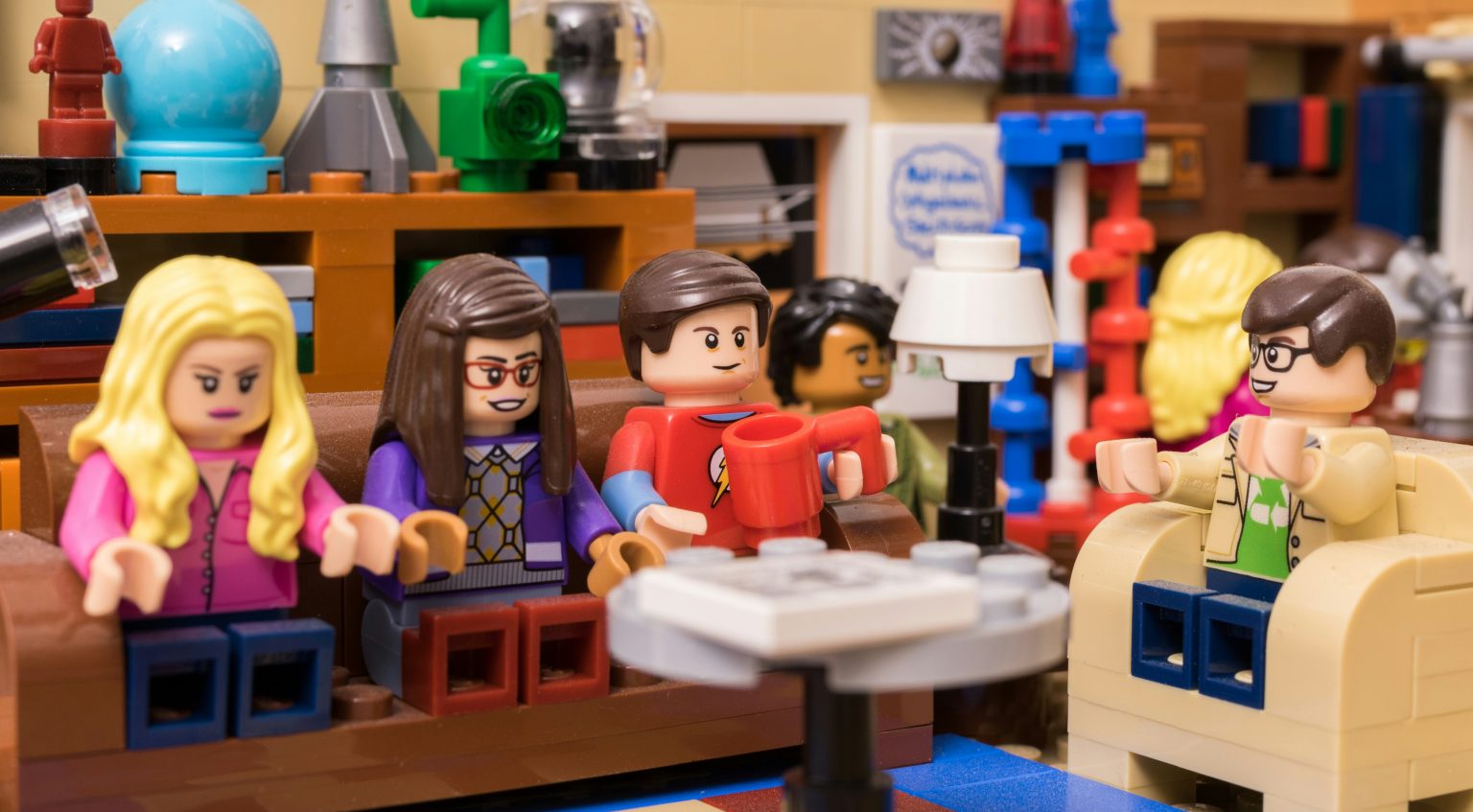American TV sitcom The Big Bang Theory is an infamous comfort show to many people and earned the position of longest-running multi-camera sitcom.
The show follows the antics of socially awkward friends and co-workers Sheldon, Leonard, Howard, and Raj as they navigate their social and love lives, and Penny, an aspiring actress who makes the mistake of entertaining her eccentric neighbours Sheldon and Leonard.
So, what’s the problem?
The Big Bang Theory should perhaps better be known for being rife with misogyny, sexism and orientalism – queue the laugh track! A vast portion of the show’s humour is heavily reliant on orientalism and the belittling of women.
Misogyny, and Makeup vs Masculinity
Misogyny is rife even from the first episode where Penny, played by Kaley Cuoco, is introduced as the typical ‘girl next door’ for the nerdy main cast to lust after.
Interested in stereotypical ‘girly’ things from astrology to fashion, Penny often becomes the butt of the joke, with writers portraying her as intellectually inferior to the main cast. Penny is objectified by the men who see her as a target out of their league to pursue through the first few seasons of the show, and when they over-step boundaries, such as when Howard insults her, it is ultimately Penny who has to forgive them – even when he then makes a move on her.
Later into the series, more female characters are introduced in the form of microbiologist Bernadette, and neuroscientist Amy, however these characters primarily serve as companions to the main male cast. Although these characters are both presented as more educated and career-driven, they are also separated from these ‘girly’ traits which are presented in Penny.
Female characters throughout the show generally lack equal depth and development to their male counterparts. As protagonist Sheldon says – all women really care about is “salad and lip gloss”.
Orientalism and laughing at the ‘other’
Another equally, if not more, concerning pillar of the show’s humour is the ‘othering’ of non-white characters through humour.
Raj is often mocked by the main cast for being Indian, and his position in the group stands blatantly for the token diversity character in this very white main cast.
When Raj’s sister Priya is featured in the show as Leonard’s girlfriend, her identity also becomes a focal point of jokes, even beyond copious references to the Kama Sutra, and when writers became bored with the plotline, they conveniently sent Priya back to India to thwart her relationship with Leonard. Raj’s character is even made to ‘other’ his own home country, saying throughout the show how he would never want to return to India and hates the cuisine.
Critically consuming The Big Bang Theory
So, can you be media literate and enjoy ‘problematic’ programmes like The Big Bang Theory?
The short answer is no. If you truly object to the behaviour of the show-writers and their lazy topics for jokes, then you should avoid watching any content that would support them (even inadvertently).
However, many fans still find the show comforting despite it’s copious eyebrow-raising moments. In a way, as viewers we come to expect these poorly aged choices and potentially can accept them as part of a flawed, but not ‘evil’, piece of media.
Delve further in…
With these excellent video essays:
Pop Culture Detective’s
‘The Adorkable Misogyny of The Big Bang Theory’
and ‘The Complicity of Geek Masculinity’
Cheyenne Lin’s
‘Why Raj Couldn’t Get a Girl: Orientalism and Emasculation in The Big Bang Theory’
and ‘Penny Deserved Better: The Cool Girl, Pretty Privilege and Nice Guys


